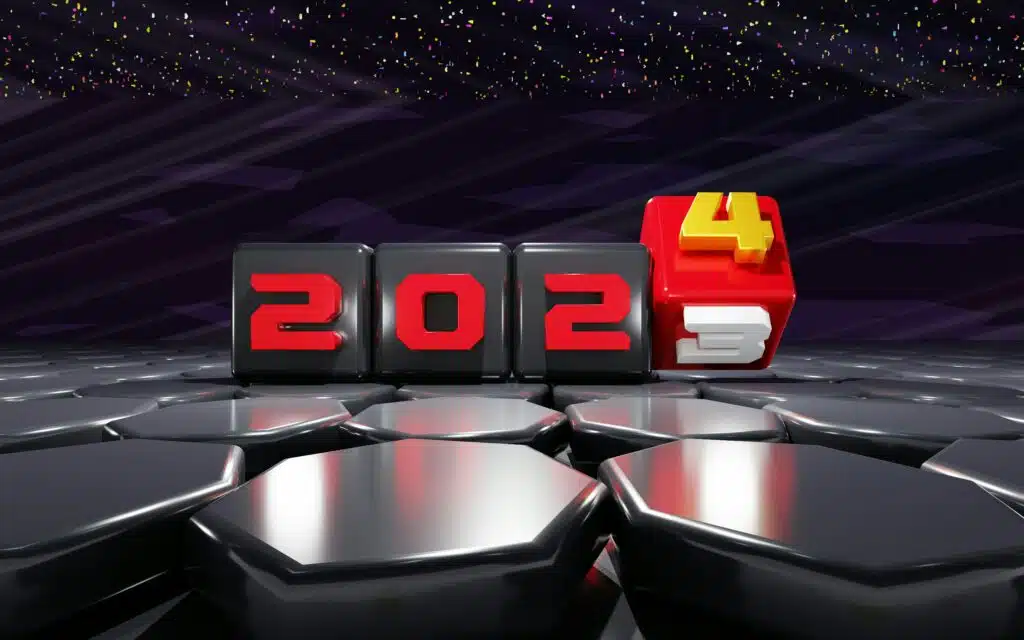In 2024, the areas of focus for HR and employee management professionals will be managing employee reward and recognition, management development, and the rise of digital transformation. Here are the major 2024 HR trends that will affect businesses both in the near and long term, as many will encounter some challenges. This is a time that will see significant changes in a variety of our daily operations. So without further ado, let’s take a look….
1. Refreshing Reward & Recognition Strategies
The significance of employee recognition has grown over the last few years. At the same time the approaches, procedures, and results of recognition strategies have been greatly impacted by emerging trends in employee recognition. In 2024, recognition stands as the foremost motivator for employees, serving as a powerful catalyst for passion and commitment among employees. This is shown by O.C. Tanner who have studied workplace dynamics and surveyed employees to find out what is the most important thing that their company currently does which would cause them to produce great work. 37% of respondents said that recognition would be a driver for them to produce better work more often.
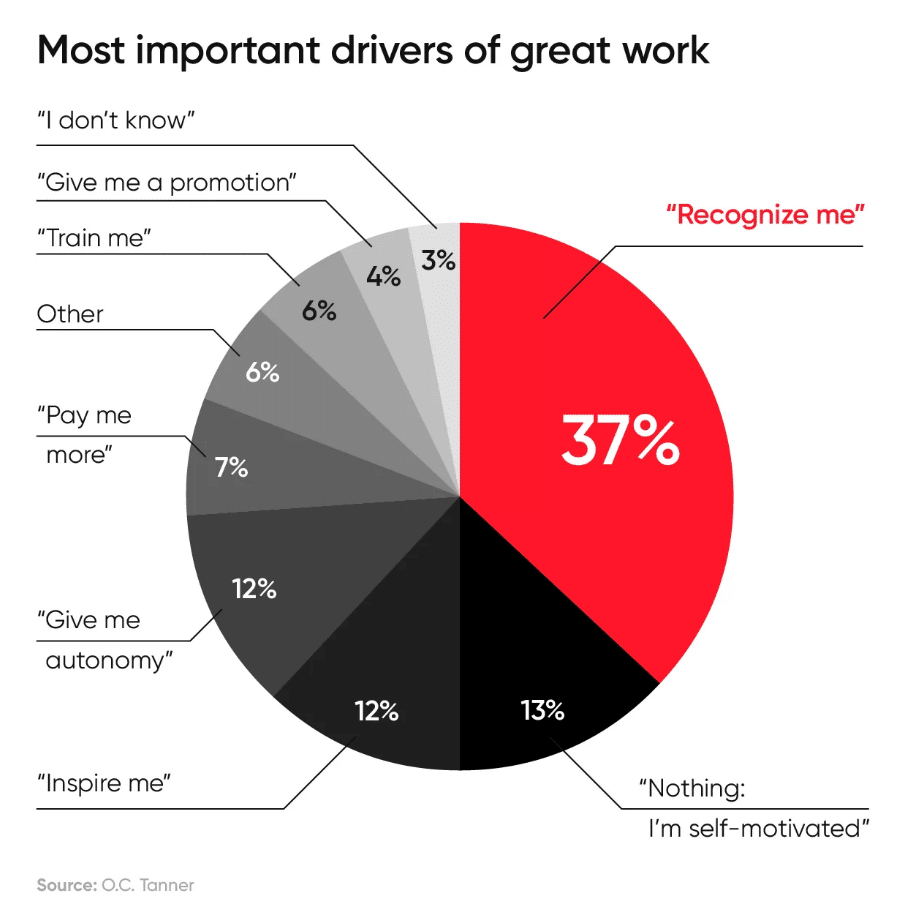
Based on these results, it is safe to say that many companies will be exploring new reward and recognition strategies in 2024 in order to encourage great work from their employees and to stay competitive with other companies.
2. Making Employee Wellbeing a Priority
Employee wellbeing is not only one of the main 2024 HR trends but has also been a key HR theme across the last couple of years and shows no signs of slowing down. Virgin Pulse reported that 59% of worldwide HR and Benefit Leaders intend to raise spending for health and wellness initiatives in 2024. Many companies have started offering wellness rewards like holidays, spa packages, fitness experiences and wellbeing gift cards. Stress management and mental health in particular are the two main reasons companies are making employee wellbeing a priority.
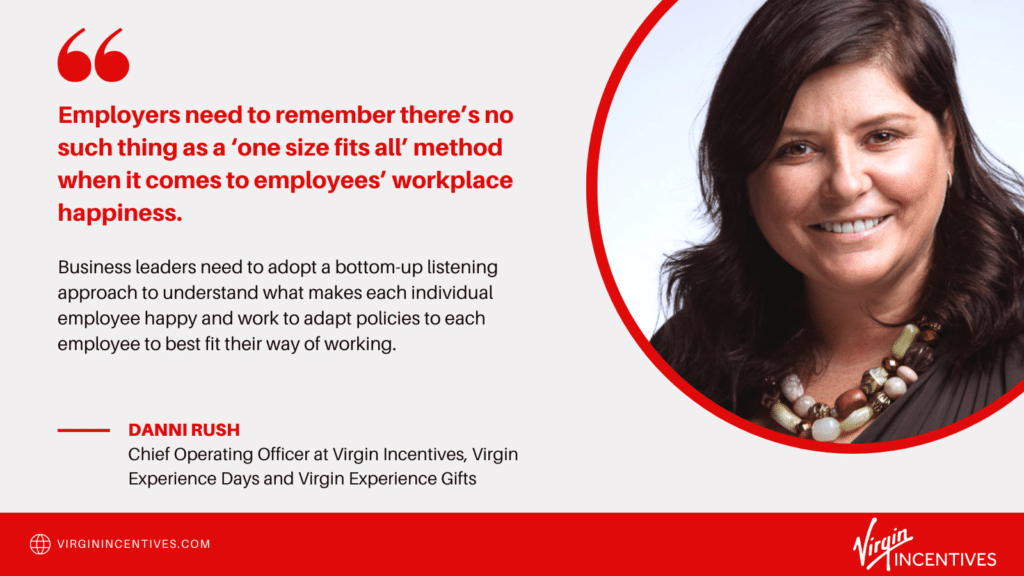
Since we spend a third of our lives at work, happiness is a very important feeling that many individuals strive for in the workplace. Businesses who understand this, put employee happiness and wellbeing first, and develop a people-first culture will come out on top.
3. New Workplace Technology
Businesses are redefining the employee experience through the use of data analytics that gain insights for strategic reward & recognition. Being able to collect and interpret data on employee performance offers valuable information for making strategic decisions.
This is being helped along by new technologies like AI-enabled tools such as predictive analytics software and machine learning algorithms. An enormous amount of employee performance data, including project completion, sales figures, learning milestones, and customer feedback, can be scanned by these algorithms. They can aid in spotting correlations and patterns that human analysis might miss, helping in better-targeted recognition.
- Data analysis bots: Employee data can be reviewed by bots to automatically discover and acknowledge milestones, work anniversaries, and exceptional performance.
- AI tools: Companies can use AI tech to interpret employee data more easily and gain deeper, more useful insights into individual employee performance.

4. Adding a Personal Touch to Incentives
Being more personal will be essential to reward & recognition tactics in the future. Younger employees – particularly millennials and Gen Z prefer more personal forms of recognition. Giving employees personal recognition specific to them increases their sense of belonging and reassures them that they are valued as individuals.
A new study from the IRF, Generational Expectations of Incentives, looks at how today’s workforce’s priorities are evolving and what kinds of rewards and incentives work best for early, mid, and late career employees. The research looks at what appeals to individuals by income bracket and career stage before talking about how to further develop incentive schemes to get the most out of them. Some of the findings include:
- Younger workers (18-30) are significantly more drawn to experiences than mid career and late career stage workers.
- Gift cards for fun and enjoyable purchases and gift cards for everyday purchases like groceries were selected in the top three reward preferences across all career stages. Combined, they are more preferred than cash.
- Where cash and gift cards are removed as reward options, travel and experience rewards are the most preferred, even above time off and flexible work. This holds true across all age groups and income levels.

5. Next Generation of Managers
One of the key 2024 HR trends will be all about management and leadership development. It seems that Gen Z aren’t just starting to enter the workforce but many of them are also team managers. It’s official—the new wave of managers has arrived. Gen Z has distinct expectations regarding leadership, communication, and workplace culture compared to older generations. They challenge top-down, hierarchical power structures and seek active participation in the choices that impact their job. They have different standards and expectations for building relationships at work, gaining feedback and delegating tasks. They also promote honest, two-way communication.
This means that many HR teams need to adapt alongside these changes to management and leadership methods. Gen Z are the first digital natives and grew up around social media and other incredible advances of technology which means we’re going to see an increase in communication & transparency, new technologies and transforming outdated workplace cultures.
6. Recruitment Challenges
Businesses will still be impacted by a challenging hiring market throughout this year. It has been difficult for businesses to be able to motivate employees through pay increases due to a range of increased costs in 2023. As employee expectations continue to evolve and the need for recruiting new talent continues to be a big priority, employers are already making changes in 2024. Employee benefits now play a huge role in the overall recruitment and engagement strategy.
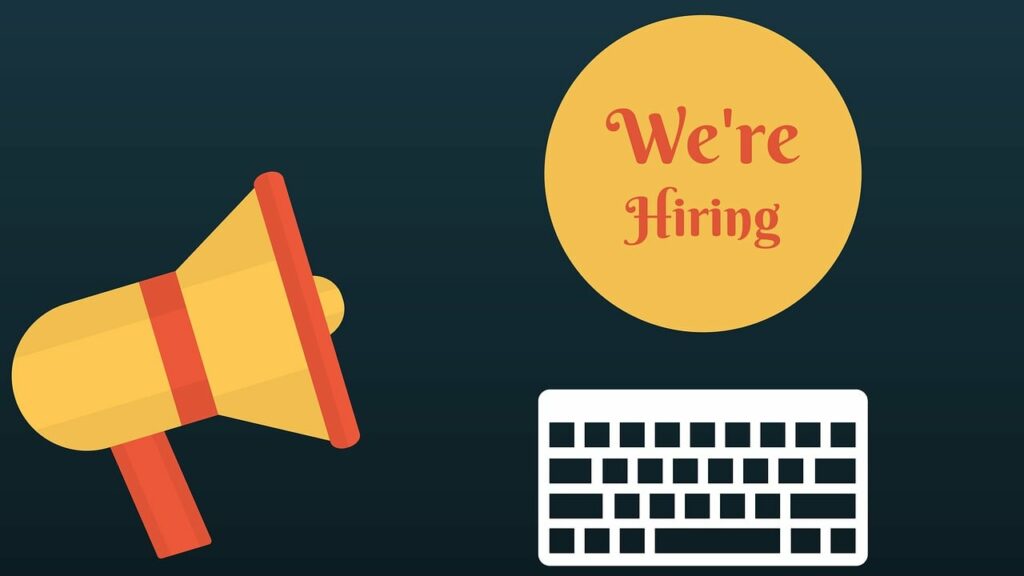
Here at Virgin Incentives, we run our own fantastic reward & recognition scheme and have great employee benefits in place which contribute to attracting new talent to the company. Here’s what our head of people, Jo Kansagra said in regards to how our reward & recognition strategy helps with recruitment:
“Being able to share how we show recognition and can support in-office and remote employees with achieving their potential as well as achieving their personal work/life balance needs is a really strong message to be able to share with candidates. And in some cases being able to offer a strong rewards scheme means that an employee can be retained rather than them having to leave to find the recognition they deserve.”
7. The Importance of Climate Change
Sustainability and climate change is one of the biggest 2024 HR trends and are becoming defining issues for both present and future generations amongst a competitive talent market. It has already been suggested that many Gen Z individuals avoid companies that aren’t sharing their environmental, social, and governance (ESG) values. This year they may take it a step further by demanding that employers are making a contribution towards environmental protection as part of their employee benefits package.
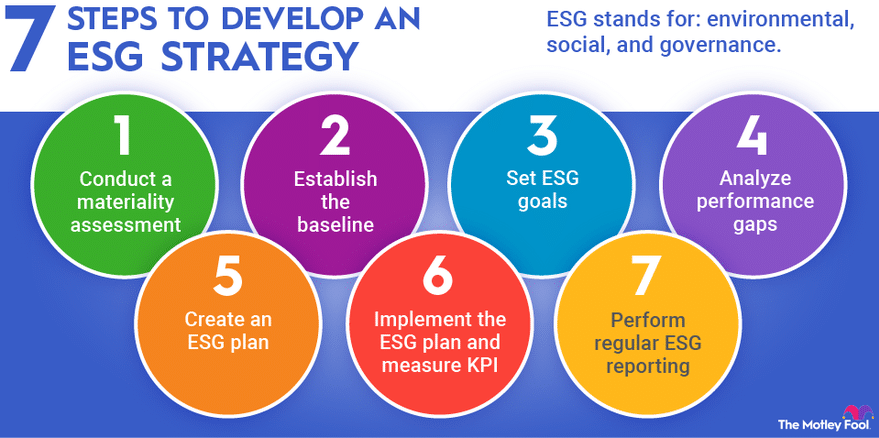
Here at Virgin Incentives, we can help to support you with some key 2024 HR trends. We excel in incredible reward and recognition strategies and employee benefits that create memories and gives you something unique to shout about in the talent market. Get in touch with us to find out how we can help:
